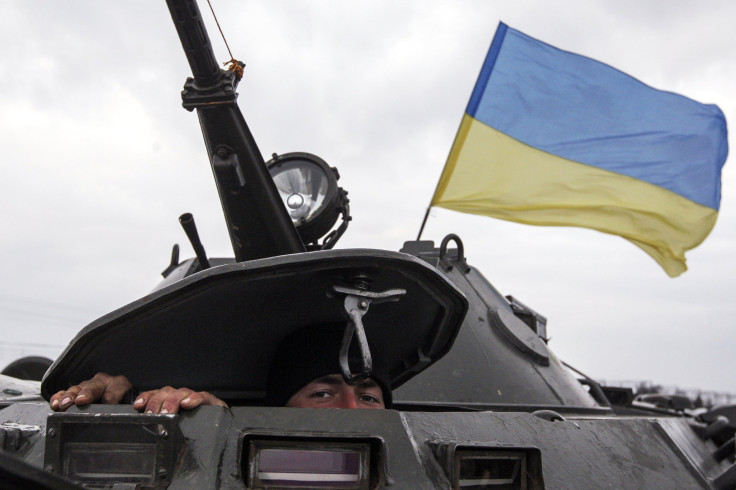European Union Expands Its List Of Sanctions Against Russians Who Assisted In Crimean Annexation

The European Union, or EU, slapped fresh sanctions against 12 more Russian officials for their role in helping Russia take over Crimea, by adding them to a list of Russian diplomats now facing travel bans and asset freezes, news reports said.
EU President Herman Van Rompuy reportedly said that the EU would also cancel a summit with Russia planned for June as well as other upcoming bilateral summits. Rompuy added that any further steps that Russia takes to upset Ukraine's sovereignty, will have “far-reaching consequences.” The sanctions follow last week's referendum allowing Crimea to join Russia, which was approved by the lower house of Russia, or Duma, on Thursday and is to be considered in the upper house on Friday. The referendum has been termed illegal by U.S. and other western countries.
"We make clear that failure to settle the crisis peacefully, and any steps by Russia to destabilise Ukraine, will have far-reaching consequences - and by that we mean consequences on relations in a broad range of economic areas," Rompuy said, in a statement according to BBC.
Following Russia's aggressive moves in Crimea, the U.S. and EU began imposing travel bans and asset freezes on Russian diplomats for their role in assisting Crimea's break-away from Ukraine. In its latest move Thursday, the U.S. targeted about 20 diplomats close to Russian President Vladimir Putin, as well as a bank, Rossiya, controlled by Putin’s allies. Meanwhile, Russia also said that it would impose its own sanctions on U.S. officials.
“We have repeatedly warned that sanctions are a double-edged instrument and would hit the United States like a boomerang," the Russian Foreign Ministry said. "There must be no doubt: We will respond adequately to every hostile thrust," the Russian foreign ministry reportedly said Thursday.
Tensions in the region accelerated as pro-Russian protesters seized the Ukrainian navy headquarters and detained Ukrainian Admiral Serhiy Haiduk on Wednesday even as Ukraine's interim government prepared to sign a trade agreement with EU on Friday.
Voters in the Crimean peninsula, which is home to a majority Russian-speaking population, apparently voted to be a part of Russia in Sunday's referendum, effectively splitting ties with Ukraine. Months-long protests in Ukraine, which led to the ouster of its pro-Moscow president, Viktor Yanukovych, in February, triggered Russia's involvement in Crimea.
“We strongly condemn the unconstitutional referendum in Crimea. We will not recognize the annexation, nor will we recognize it in the future," Rompuy said, according to BBC, adding: “There is no place for the use of force and coercion to change borders on the European continent in the 21st Century."
© Copyright IBTimes 2024. All rights reserved.






















